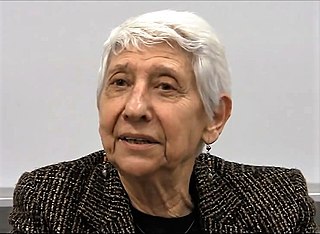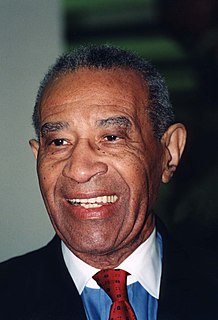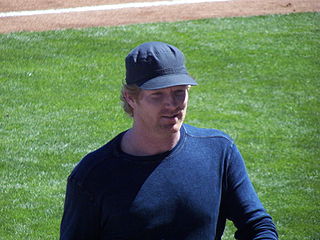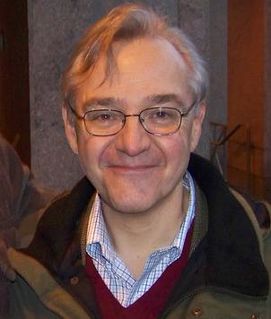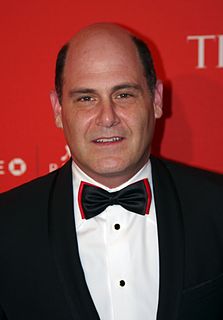A Quote by Andrew Haigh
I'm interested in how we understand ourselves in our relatioships and how we define ourselves.
Quote Topics
Related Quotes
How do we define, how do we describe, how do we explain and/or understand ourselves? What sort of creatures do we take ourselves to be? What are we? Who are we? Why are we? How do we come to be what or who we are or take ourselves to be? How do we give an account of ourselves? How do we account for ourselves, our actions, interactions, transactions (praxis), our biologic processes? Our specific human existence?
The answer to the nature of our existence is somewhere in the middle, and that, of course, is what we're looking for: how to see ourselves in a new picture of ourselves and understand the questions that humans have asked forever, "Who are we, how did we get here, where are we going, and what's the nature of this reality that we're in?"
The new culture war is about national identity rather than religion and 'transcendent authority.' It focuses on which groups the United States will formally admit to residence and citizenship. It asks the same question as the old culture war: 'Who are we?' But the earlier query was primarily about how we define ourselves morally. The new question is about how we define ourselves ethnically, racially and linguistically. It is, in truth, one of the oldest questions in our history, going back to our earliest immigration battles of the 1840s and 1850s.
It's not a matter of how much you know or can define, or how many millions of mantras or thousands of prostrations you have done, or how many months of wangs you've attended. The important thing is whether or not the mind is really changing, whether our negative emotions are really coming under control, whether we are really beginning to understand ourselves, whether our mind is really improving, and whether in our hearts there is genuine love and caring for other people.
But how can we love someone if we don't like him? Easy-we do it to ourselves all the time. We don't always have tender, comfortable feelings about ourselves; sometimes we feel foolish, stupid, asinine, or wicked. But we always love ourselves: we always seek our own good. Indeed, we feel dislike toward ourselves, we berate ourselves, precisely because we love ourselves; because we care about our good, we are impatient with our bad.
Learning how to be kind to ourselves, learning how to respect ourselves, is important. The reason it's important is that, fundamentally, when we look into our own hearts and begin to discover what is confused and what is brilliant, what is bitter and what is sweet, it isn't just ourselves that we're discovering. We're discovering the universe.
But you know what, honestly? I'm not that interested in advertising. I think it's a great way... It's such a huge part of our culture. It's like saying, "Are you interested in hair?" It's such a part of our life, and it's such a reflection of how we feel about ourselves, and what we're interested in, and what we want to be.


